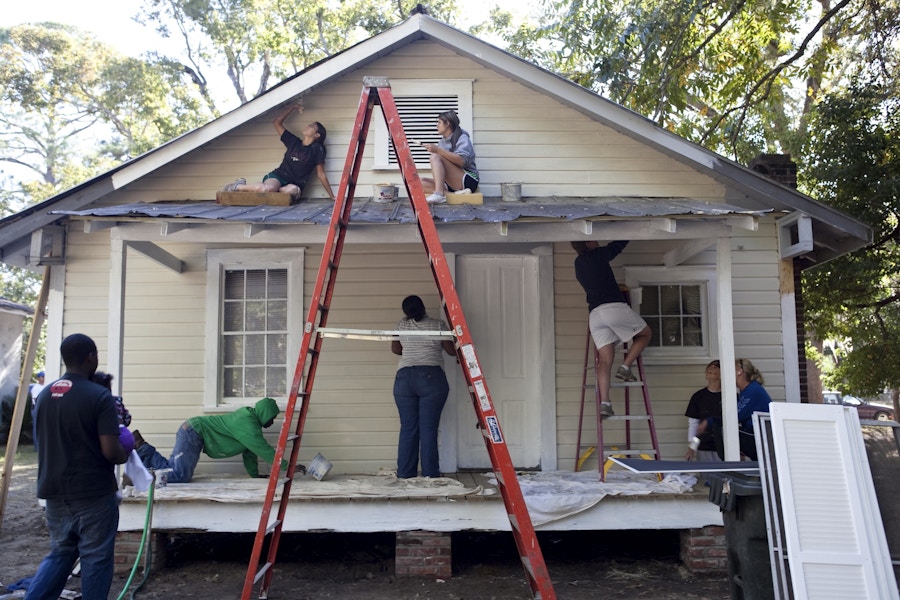Introductory Note:
Time to wise up! Or, at least, it’s time to engage in the wisdom tradition in a personal way with a few praxis suggestions from Richard Foster.
From putting on Proverbs to singing Solomon’s Song, from observation of the human scene to exploration of New Testament themes, there is something for each of us to experiment with in this series of exercises and ideas.
Renovaré Team
Wisdom’s lessons are found throughout Scripture and throughout life. Here are a few exercises to get you going.
• Find one to three sayings from the book of Proverbs that you can memorize and use to guide your decisions and actions for the next six months. As an example you might want to take the counsel of Proverbs 15:1 (“A soft answer turns away wrath, but a harsh word stirs up anger.”) and allow it to guide your interactions with people at work.
• Take a one day retreat to slowly read through the Song of Solomon. Pay close attention to its paean of praise to human love. Now consider why this most sensual and earthy book would be in our Bible, and what that says to us about the essential goodness of the material world. D. Elton Trueblood in The Common Ventures of Life writes, “Christianity is the most avowedly materialistic of the great world religions. There are religions which are almost purely ‘spiritual’ in their outlook, largely ignoring the body and the whole material order, but the Christian faith is not one of them. According to the Gospel, the true function of the spirit is not to deny matter, but rather to glorify it. The Word, we believe, was made flesh.” With this understanding consider your life and those around you. Prayerfully choose an action that reflects your commitment to the goodness of the material world.
• Take into your heart and home the words of Proverbs 24:3 – 4, “By wisdom a house is built,/ and by understanding it is established;/ by knowledge the rooms are filled with all precious and pleasant riches.” If you are married and have children, consider two applications of the proverb: one to your spouse and the other to your children. (Adjust the applications if you are single or without children.) What attitude and action of wisdom and understanding and knowledge would be appropriate for your spouse and for your children? An attitude and action of affirmation perhaps? Of tenderness? Or kindness? You decide. Then make it an attitude and action for an entire year.
• For a time watch what people do with a view to what gets them into trouble. Is it talking too much and speaking out of turn? How about impulsive decisions without regard for the consequences? Surely more things will crop up. Next, take one of these and see if you can compose a proverb that will help you avoid a similar situation. If you cannot make one up just skim through the book of Proverbs and no doubt you will find one already written down that speaks to that situation. This then can become your personal proverb for avoiding trouble this year. At least that specific kind of trouble!
• Think about what keeps people today from following the counsels of wisdom. Are they too busy? Too distracted? Rebellious? Angry? And for you personally, are there corners of your life where wisdom’s teaching needs to penetrate?
• Study the New Testament book of James. Do you find teachings in it that remind you of the Wisdom Tradition? Compare it with Jesus’ teaching in the Sermon on the Mount (Matt. 5 – 7). Do you see similarities of thought? Take one of the teachings and own it for yourself.
Originally published in Perspectives, 2003.


